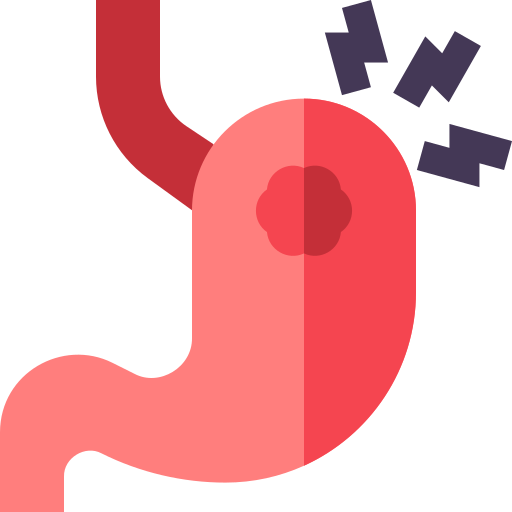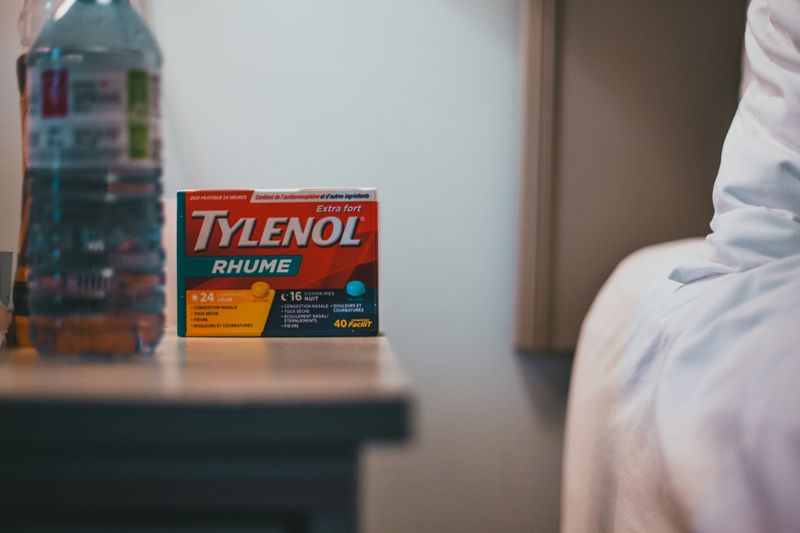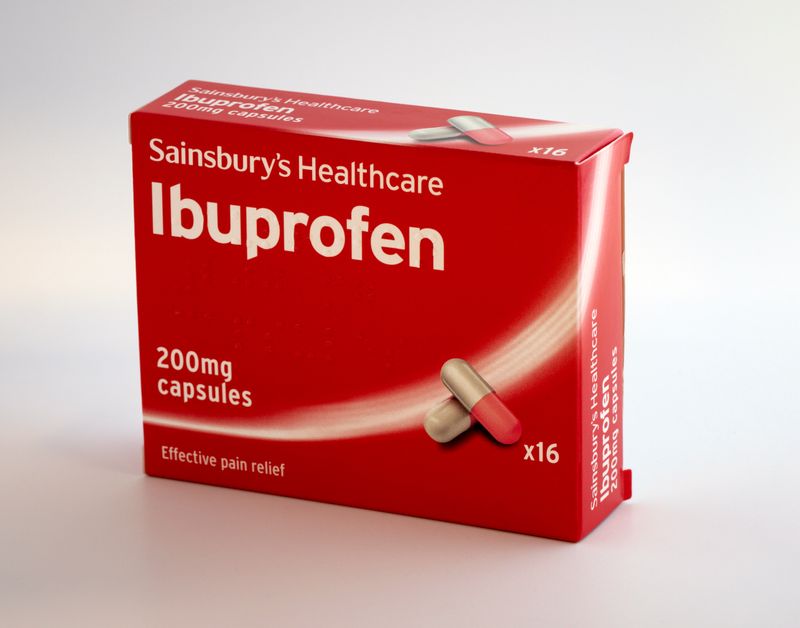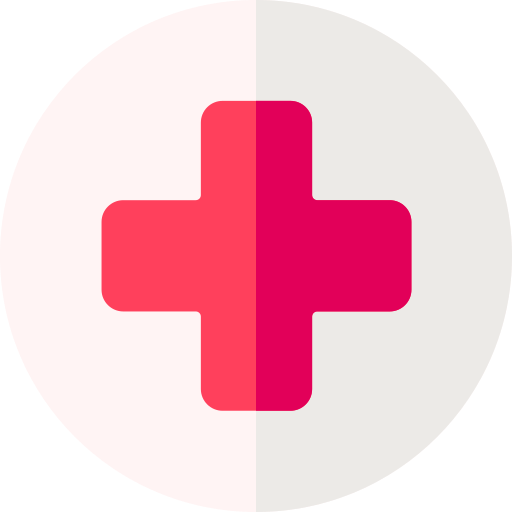 Where do I get healthcare in the USA?
Where do I get healthcare in the USA?
As a newcomer to the USA, you need to know where you'll get healthcare when you're sick or hurt.
Where you go for treatment will be different for emergencies and non-emergencies.
If You Have An Emergency
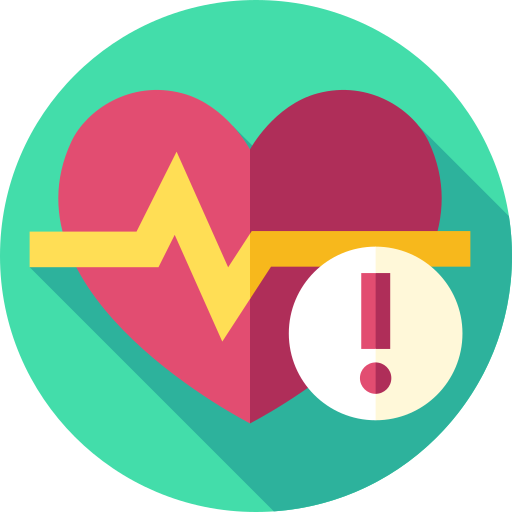 Common emergency signs and symptoms:
Common emergency signs and symptoms:
Chest pain
Shortness of breath
Uncontrolled pain
Broken/hurt bone
Bleeding
 What To Do
What To Do
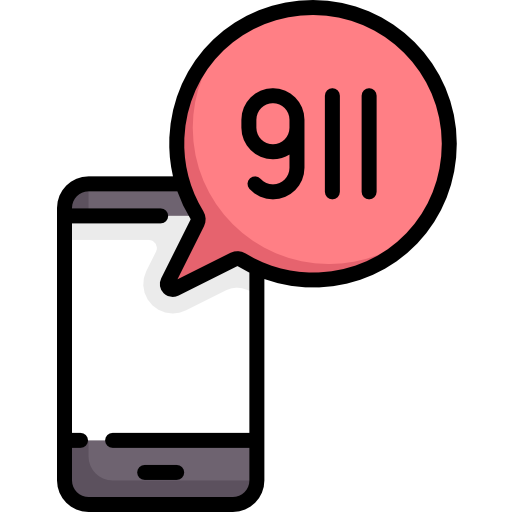 Call 911
Call 911
Tell the dispatcher what language you speak
Tell them where you are
Tell them what the emergency is
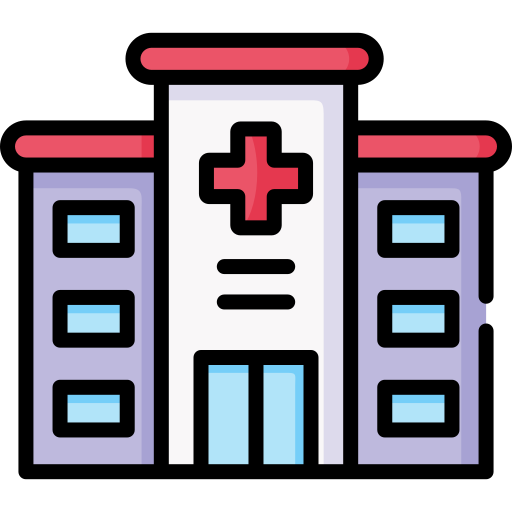 Go To The Emergency Room
Go To The Emergency Room
Found at general hospitals
Open every day and all night
Can help illness and injury that needs to be treated right away
What If It's Not An Emergency?
Common non-emergency symptoms:
Sore throat
Runny nose
Stomach discomfort
 Where To Go
Where To Go
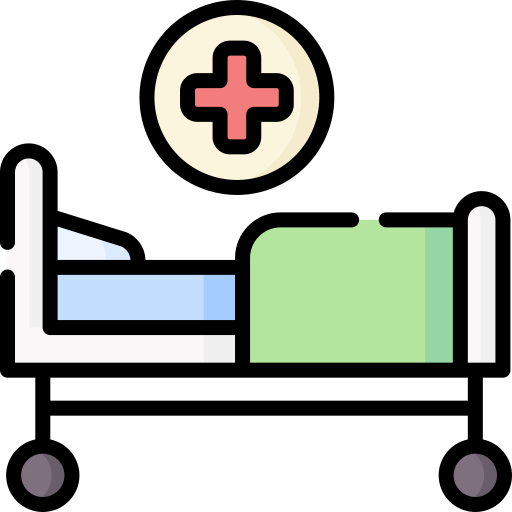 Urgent Care
Urgent Care
Usually at the hospital, for less serious illness or pain
Different locations have different hours, look before you go
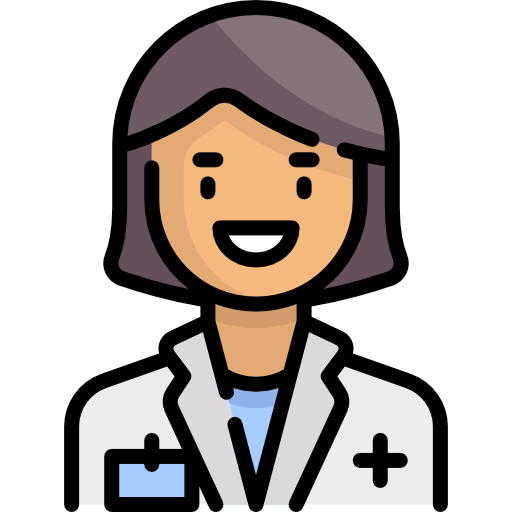 Doctors Office
Doctors Office
Also called a Primary Care Provider
Must call for appointment
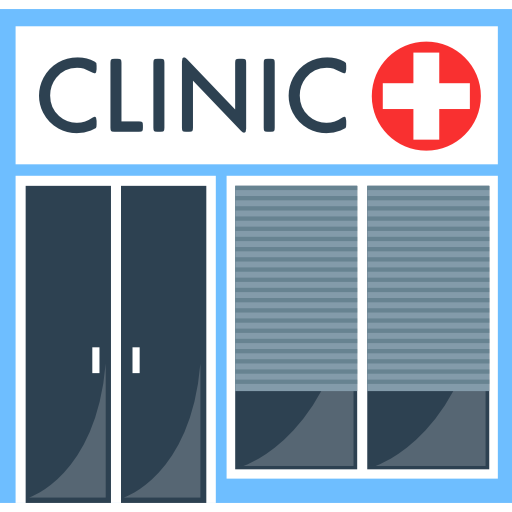 Free clinics
Free clinics
Google to find them in your area
Can walk in or make an appointment
Quiz
You have some pain from a leg injury you had in the past. It hurts a little but you can walk ok. What should you do?
Where Can I Buy Medication?
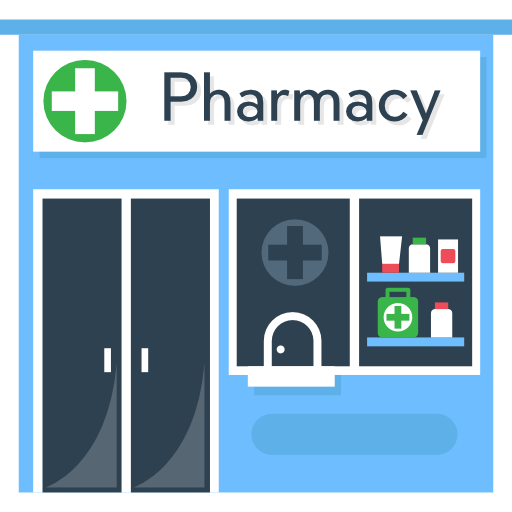 You can buy medication at a pharmacy (sometimes called a drug store), at a corner store, or the supermarket.
You can buy medication at a pharmacy (sometimes called a drug store), at a corner store, or the supermarket.
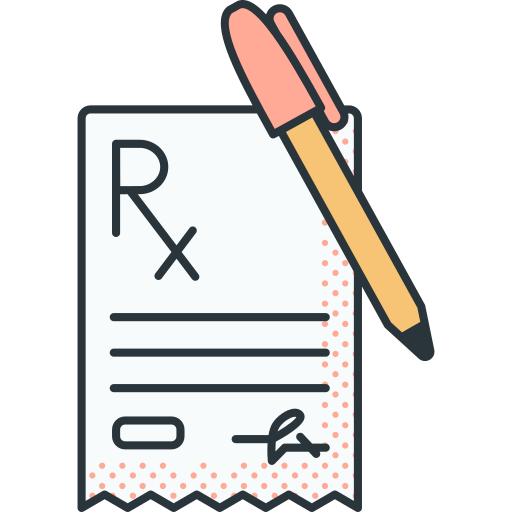
For some medication, you'll need a prescription, which means a doctor has to sign a paper for you before you can buy it.
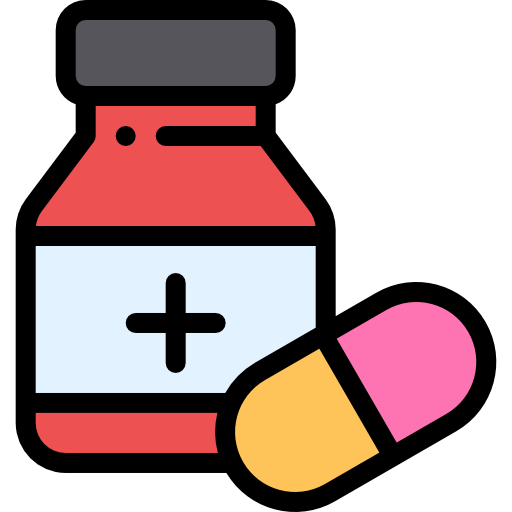
For other medication, you don't need a prescription. This type of medication is called over-the-counter medication.
Pain Medications To Buy At The Store
You can buy these over-the-counter medications at the store without a prescription:
What Are My Rights?
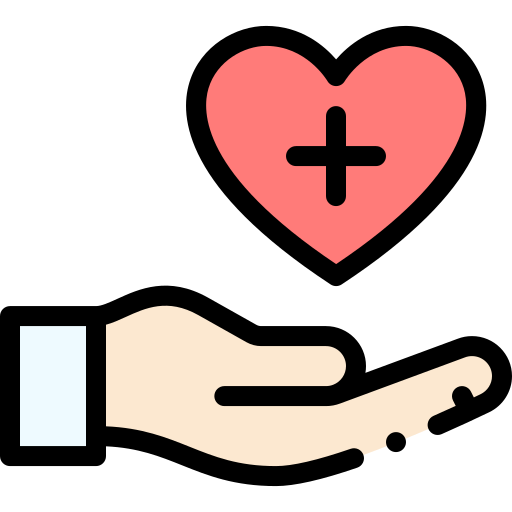 To Have Access
To Have Access
Receive healthcare services and treatment that meet your needs
 To Be Respected
To Be Respected
Have your culture, identity, beliefs, and choices recognized and respected
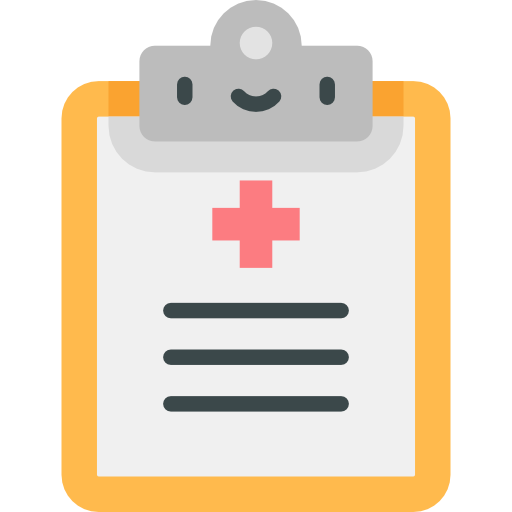
To Information
Understand benefits and risks of tests and treatments
Receive information about services, waiting times and costs
 To Understand Your Care
To Understand Your Care
They must provide an interpreter upon request
 To Ask Questions
To Ask Questions
Medical staff must answer your questions
How Do I Pay For My Healthcare?
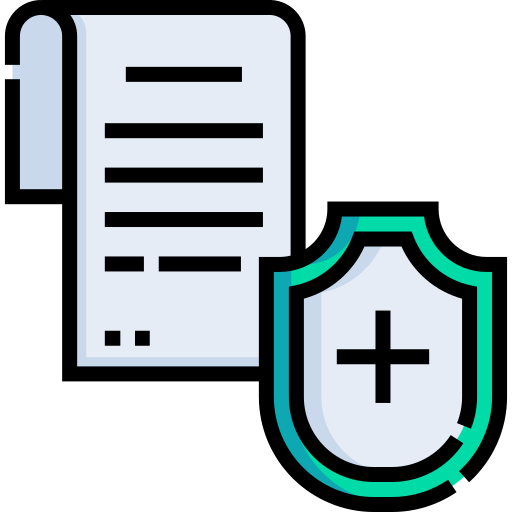 Health Insurance
Health Insurance
An insurance company covers all or most of the costs
You might also have some Medicaid coverage
 Out Of Pocket
Out Of Pocket
Pay with your own money
Common for clinics

Free Clinics
No cost to you
Ask your case manager or mentor to help you find the nearest one
Healthcare Insurance Portability And Accountability Act
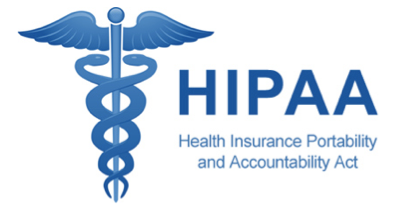
The Healthcare Insurance Portability and Accountability Act (HIPAA) is a Federal law that protects the privacy of your health information.
You have a right to:
Get a copy of your health records
Receive a copy of your doctor's or clinic's privacy practices
Ask that your health information not to be shared
Take Action
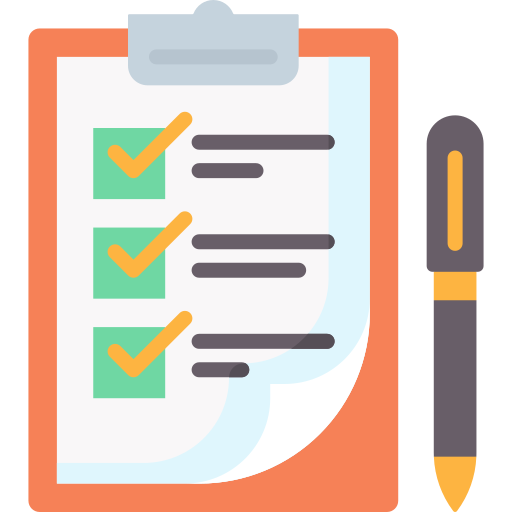
Be prepared!
Refer to these documents for more information:
CDC’s Response to Afghan Evacuees | CDC
Operation Allies Welcome | Homeland Security (dhs.gov)
Information for Afghans | USCIS
Afghan Health Resources | Wisconsin Department of Health Services
This Byte was created with the help of LEARN Afghanistan and Sisters Of Service.
Your feedback matters to us.
This Byte helped me better understand the topic.


